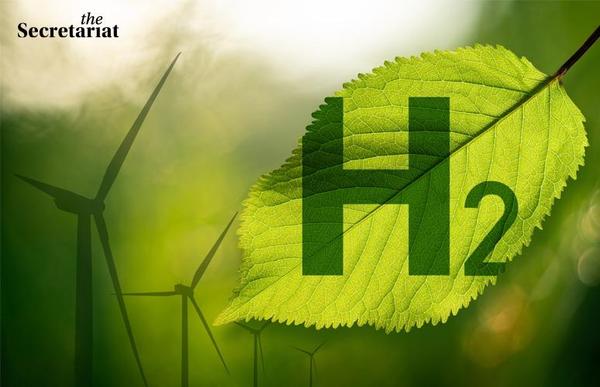
India Needs To Ramp Up Efforts To Lead The Global Race To Turn Water Into Fuel
India’s energy demand has doubled in the past 20 years and is likely to grow by at least 25 per cent by 2030. Currently, India is the third-largest economy in the world in terms of energy needs. A worryingly large part of its energy requirements is met via imports, which are susceptible to geopolitical uncertainties.
Rising energy consumption in the country has mostly meant increased burning of fossil fuels, making the transition to a low-carbon future difficult. But ramping up decarbonisation
Rising energy consumption in the country has mostly meant increased burning of fossil fuels, making the transition to a low-carbon future difficult. But ramping up decarbonisation










